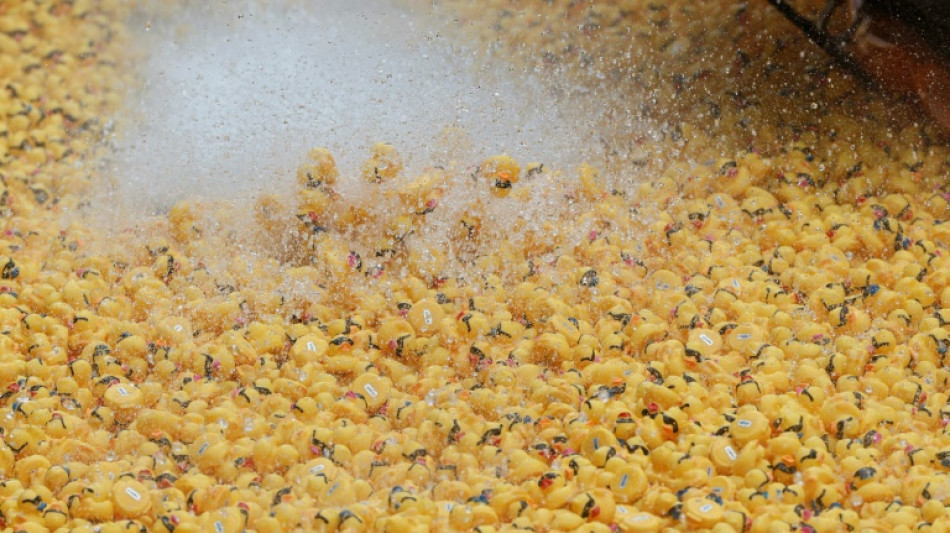
SCS
0.0200


The US Environmental Protection Agency (EPA) on Thursday announced a review that could eventually lead to the end of PVC plastic production -- impacting everything from records to rubber ducks.
Vinyl chloride, which is used in the manufacturing and processing of polyvinyl chloride (PVC), was officially classified as a human carcinogen in 1974 and banned in hair sprays, refrigerants, cosmetics and drugs.
It is the same chemical that burned in a tower of black smoke over an Ohio town where a train derailed earlier this year.
But it continues to be widely used to make PVC water lines, siding panels for houses, and product packaging -- as well as vinyl records and bathtub toys.
An EPA statement on the review, which includes four other chemicals, said the step was "consistent with a commitment from the Biden-Harris Administration to understand and address environmental and toxic exposures" as part of President Joe Biden's "Cancer Moonshot" initiative.
Reacting to the news, Judith Enck, president of the nonprofit Beyond Plastics and a former EPA regional administrator told AFP: "Today is step one, and we've been waiting for step one for decades."
National, state and city governments across the world have been steadily tightening restrictions on PVC usage and disposal.
"Vinyl chloride threatens our health and contaminates the environment from manufacture through disposal, with workers and people who live near chemical facilities and along vinyl chloride distribution routes experiencing the greatest exposures and danger," added Liz Hitchcock of Toxic-Free Future.
But the Vinyl Institute, a trade group, said in an October statement that anticipated the review: "We welcome EPA's review, which will further assure that production of vinyl chloride and PVC products are safe.
"Manufacturers of vinyl chloride adhere to some of the most stringent safety and environmental regulations in the chemical industry."
Tuesday's action begins a year-long process that includes a public comment period. By around December 2024, EPA will announce what steps it intends to take -- from doing nothing, to placing additional restrictions on PVC, to banning it altogether in the United States, said Enck.
R.Lin--ThChM